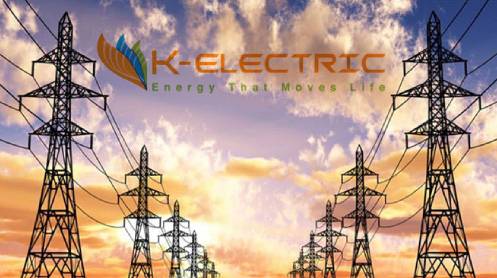A recent study conducted by Renewables First and the Policy Research Institute for Equitable Development has revealed that K-Electric Ltd., Pakistan’s sole vertically integrated power utility, could have saved approximately $250 million over the past two years if it had prioritized investment in renewable energy sources instead of extending contracts for aging and inefficient thermal power plants.
Despite operating in a region abundant with wind and solar potential, K-Electric has only added 100 megawatts of solar power to its total generation capacity of 2,132 megawatts in the last two decades. The study highlights the utility’s reluctance to tap into this opportunity, with around 50 percent of its future capacity additions planned to be fossil-fuel based, despite already having 97 percent of existing thermal power plants in its current power generation mix.
The study indicates that K-Electric is projected to fall short of its 2023 goal of achieving 30 percent renewable energy by 2030, even with hydro inclusion. To address this issue and provide relief to consumers facing inflation, the study calls for halting extensions in Power Purchase Agreements (PPAs) for costly and inefficient thermal power plants. It also advocates for the consistent and efficient integration of least-cost wind and solar energy projects, while discouraging the incorporation of expensive and environmentally hazardous coal power plant additions.
According to Hammad Ali, a researcher at Renewables First, K-Electric’s inaction in deploying renewables has resulted in significant losses, amounting to over $250 million in missed opportunity costs. Ali emphasizes that timely decisions by K-Electric could still save up to $4.51 billion in the next seven years.
Former chairman of NEPRA, Tauseef Farooqi, expressed regret over the lack of planning in Pakistan’s energy sector prior to certain initiatives, emphasizing the importance of moving towards a competitive, transparent, and open market mechanism.
The study also highlights the significance of renewables for Pakistan’s export industry, with growing demand for Renewable Energy Credits (RECs) as global supply chains increasingly pressure manufacturers to reduce emissions.
In response to these findings, industry representatives such as Sunya Faiz from Liberty Mills and Raazia Anum from Yunus Textile Mills stressed the importance of sustainability and emissions reductions as essential business conditions. Farhan Aslam, head of Sustainability at Gul Ahmed, raised concerns about potential trade barriers in Europe due to carbon footprint regulations.
Overall, the study underscores the urgent need for K-Electric to prioritize renewable energy investments to achieve both cost savings and environmental sustainability.
Story by Tanveer Malik







